KETAMINE 2026
Monday 23 – Wednesday 25 March 2026
Blavatnik School of Government, Oxford
Speakers

Julia Aepfelbacher
Julia Aepfelbacher is originally from Portland, Oregon. After graduating high school she spent a year teaching English in Nepal where she first developed a passion for social medicine and the social determinants of health. She continued to grow these interests at the University of Maryland where she majored in Health and Social Inequality and participated in research projects exploring racial and gender inequalities. After completing her undergraduate studies Julia spent two years as a post-baccalaureate fellow at the NIH conducting clinical research focused on HIV-associated commodities including psycho-social outcomes. During her time in D.C she worked as a domestic violence liaison for the Metropolitan Police Department where she developed an interest in intimate partner violence and its sequelae, something she plans to continue exploring through qualitative research in medical school. Julia is interested in a career conducting socially conscious community based research surrounding health issues that affect marginalized populations. She hopes to improve population level health in whatever specialty she ends up in.

Raag Airan
Dr. Airan is dedicated to developing and clinically implementing innovative technologies for high-precision, noninvasive nervous system interventions, with a focus on techniques that have an immediate pathway for clinical translation. Currently, Dr. Airan is primarily focused on the use of ultrasound to enable these effects, given recent advances that allow targeting a sonication focus to most any brain region of interest, completely noninvasively, with high spatial and temporal resolution. Dr. Airan is an Assistant Professor of Radiology specializing in Neuroimaging and Neurointerventions at Stanford University, he earned both his MD and PhD in Bioengineering from Stanford and completed his radiology residency and fellowship at Johns Hopkins University.
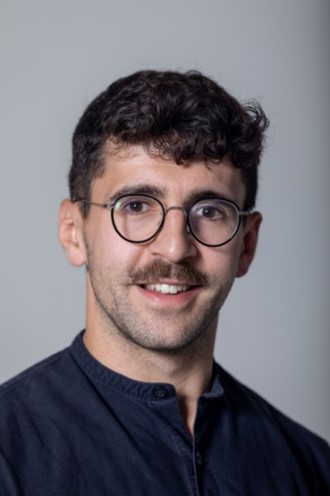
Laith Alexander
Dr Laith Alexander is an Academic Clinical Fellow in Translational Psychiatry at King’s College London and South London & Maudsley NHS Foundation Trust. He completed his PhD in behavioural neuroscience at the Department of Physiology, Development & Neuroscience, University of Cambridge. His doctoral work investigated how the primate anterior cingulate cortex (ACC) regulates reward- and threat-related behaviours, together with cardiovascular physiology. His research revealed important insights into how ketamine modulates regions of the ACC to exert its antidepressant and anti-anhedonic effects, and was published in journals including Neuron and Nature Communications. His current research interests include the functions of the ACC in health and disease, as well as the discovery and development of new antidepressants.
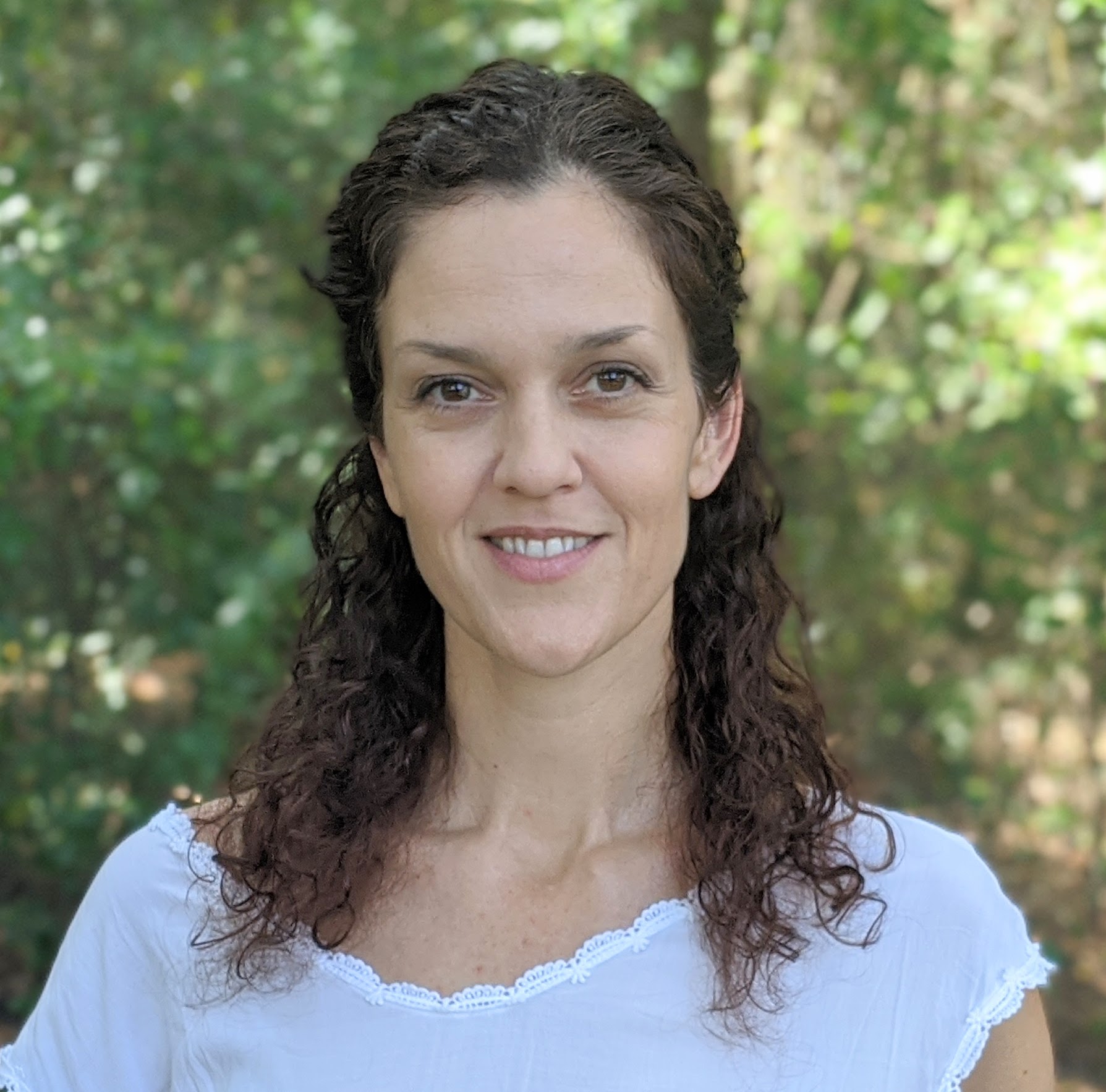
Shahar Almog
Shahar Almog is a Ph.D. candidate at the University of Florida, College of Health and Human Performance, Department of Health Education and Behavior, working with Dr. Meredith Berry in the Behavioral Psychopharmacology Lab. Shahar completed her bachelor’s degree in Sport Sciences at the Wingate Institute in Israel, and her master’s degree in Applied Physiology and Kinesiology at the University of Florida. Shahar’s research focuses on decision-making processes and behavioral aspects of substance use and misuse, and poor mental health conditions. Specifically understanding the use and misuse of ketamine in real-world conditions.

Amit Anand
Dr. Amit Anand is professor of psychiatry at the Harvard Medical School. He directs the Translational Clinical Trials Program in Psychiatry at Mass General Brigham Hospitals. Dr. Anand completed his initial medical and psychiatric training from the All India Institute of Medical Sciences and the Royal Australian and New Zealand College of Psychiatrists. Subsequently, he came to Yale University School of Medicine where he completed a Clinical Neuroscience Fellowship. After completing his training, Dr. Anand has held faculty appointments at Yale University, Indiana University, and Case Western University. Prior to coming to Boston in 2021, he was Professor and vice-chair for Research at the Cleveland Clinic. During his career he has established diverse clinical research programs in the areas of personalized medicine, brain imaging, and treatment trials for mood and other neuropsychiatric disorders. He has conducted the first brain imaging studies of resting state connectivity in mood disorders as well as pioneering studies in the use of glutamatergic agents such as ketamine for treatment resistant depression. In the past 25 years, Dr. Anand’s clinical research has been supported by Brain and Behavior Foundation, Stanley Foundation, Department of Veterans Affairs, Patient Centered Outcome Research Institute (PCORI), and National Institutes of Health (NIH) grants. He has published extensively in development of novel treatments for mood disorders as well as identifying diagnostic and treatment-effect biomarkers.

Chiye Aoki
BA Barnard College, Columbia Univ.; PhD Rockefeller U. Professor of Neural Science & Biology at New York University and Associate Investigator at Neuroscience Institute, NYU Langone Medical Center
I am most interested in understanding the cellular bases of resilience gained when adolescent individuals encounter stressful environments. I utilize the technique of electron microscopic immunocytochemistry to examine plasticity of synaptic circuits within the prefrontal cortex and hippocampus, using the paradigm of food restriction-evoked stress which elicits excessive exercise and severe body weight loss in rodents, much as is seen among patients diagnosed with anorexia nervosa. The approach of analyzing synaptic properties in these brain regions across individuals with varying degrees of resilience has shown interesting correlates, providing clues about molecules within circuits that influence maladaptive behavior and resilience. I take these clues to interrogate the circuits and molecules involved in the generation and suppression of maladaptive behaviors, using knockdown and knockout of genes, pharmacology and chemogenetic modulations. I am exploring the synaptic mechanisms underlying the ameliorative properties of sub-anesthetic doses of ketamine against anorexia-like maladaptive behaviors.

Andre Atoian
Dr. Andre Atoian is triple board certified in anesthesiology, addiction, and pain medicine and has additional training at the Institute of Functional Medicine, where he is currently a candidate for certification. Dr. Atoian completed medical school at the Geffen School of Medicine at UCLA and completed his residency training in anesthesiology at the Keck School of Medicine at USC. After he was trained specifically on the use of ketamine infusions for depression and pain, Dr. Atoian went on to create Ketamine Specialists and Limbic Medical. By integrating his diverse skill set of anesthesia, pain, and functional medicine, Dr. Atoian has been able to leverage ketamine to successfully treat pain and mood disorders for the past 15 years.

Zoe Cormier
Zoe Cormier is an author, journalist, speaker and entertainer with an academic background in zoology coupled with an upbringing in the music industry. Her first book Sex, Drugs & Rock n’ Roll: The Science of Hedonism and the Hedonism of Science, published in 2014 and named by The Guardian as a “must read”, celebrates the evolutionary importance of three activities which have traditionally and erroneously been denigrated as primitive. Her work has appeared in the BBC, The Times, The Guardian, Nature, New Scientist, Scientific American, Wired, Vice, Rolling Stone, The Nation, and many more. She has long maintained that ketamine will be tomorrow’s oxycontin, and predicted we would see deaths from the drug years before Matthew Perry’s drowning. Zoe is also the only person who has appeared naked in New Scientist, and the only living writer who can say “Rolling Stone magazine paid me to drop LSD”.

Christine Ann Denny
Christine Ann Denny, Ph.D. is an Associate Professor of Clinical Neurobiology in Psychiatry at Columbia University Irving Medical Center (CUIMC) and a Research Scientist VI in the Division of Systems Neuroscience at the New York State Psychiatric Institute (NYSPI). She received a B.S. from Boston College in 2005, a M.S. from Boston College in 2006, and her Ph.D. in Biological Sciences from Columbia University in 2012, where she investigated the impact of adult hippocampal neurogenesis on behavior in the laboratory of Dr. René Hen. After receiving the NIH Director’s DP5 Early Independence Award, she started her own laboratory in 2013 at Columbia University.
Dr. Denny studies the neural basis of learning and memory in disease states, such as in depression, post-traumatic stress disorder, traumatic brain injury (TBI), and Alzheimer’s disease (AD). Specifically, she created an activity-dependent tagging murine line, the ArcCreERT2 mice, which allows for the permanent labeling and manipulation of individual memories.
In addition, Dr. Denny’s laboratory is developing small molecule compounds to protect against stress. In this line of work, Dr. Denny is elucidating the mechanisms of (R,S)-ketamine, novel NDMAR antagonists, and more recently, 5-HT4R agonists as prophylactics against stress.
Dr. Denny has published over 50 peer-reviewed publications and her work has been published in Neuron, Nature, Science, Nature Neuroscience, and Biological Psychiatry. She has received funding from numerous agencies to include the NIH, NIA, NINDS, Whitehall Foundation, and a Kavli Award. In 2019, she received the NIH Director’s Transformative Award. Her work has been featured on PBS NOVA, and in the Washington Post, The Atlantic, Scientific American, and Business Insider.

Wayne C. Drevets
Neuroscience, Janssen Research & Development, LLC of Johnson & Johnson, Inc.
Dr. Drevets is Vice President and Disease Area Leader in Neuropsychiatry at Janssen, where he oversees the discovery and development of novel treatments for major depressive disorder, bipolar disorder, and schizophrenia. A major emphasis of this program involves innovation of precision approaches for identifying patients most likely to benefit from novel therapeutics.
Drevets received a B.S. (Biology) from Wheaton College, an M.D. from University of Kansas, and completed residency (psychiatry) at Washington University School of Medicine (St.Louis). He remained on faculty at Washington University, attaining the rank of associate professor with tenure in Psychiatry, and subsequently held associate or full professorships and other leadership positions at the University of Pittsburgh, the NIMH Intramural Research Program, the Laureate Institute for Brain Research and the University of Oklahoma Health Sciences Center. He joined Janssen in 2012 as the first Disease Area Leader in Mood Disorders, and now has an expanded role as Disease Area Leader in Neuropsychiatry.
His research has involved investigations of the neurocircuitry of mood disorders, the mechanisms underlying antidepressant therapies, the discovery and development of novel therapeutics for mood and psychotic disorders, and the biomarker correlates and predictors of treatment outcome. He has published 400 articles and chapters (H-Index=130).

Hans Eriksson
Chief Medical Officer at HMNC Brain Health
Dr. Eriksson is a highly respected drug developer and clinical psychiatrist with over 20 years of pharmaceutical experience. He holds an MD and Ph.D. in cell and molecular biology from Lund University. He also holds an Executive MBA from Stockholm School of Economics. Dr. Eriksson’s specialties include drug development, clinical psychiatry (e.g. mood and anxiety disorders, schizophrenia, and emergency psychiatry). Prior to HMNC Brain Health, Dr. Eriksson served as Chief Medical Officer at COMPASS Pathways and previously as Senior Director of Clinical Research at Lundbeck and Medical Science Director at AstraZeneca. He has worked on five late-phase clinical development programs for depression indications, three of which have resulted in regulatory approvals for Major Depressive Disorder.
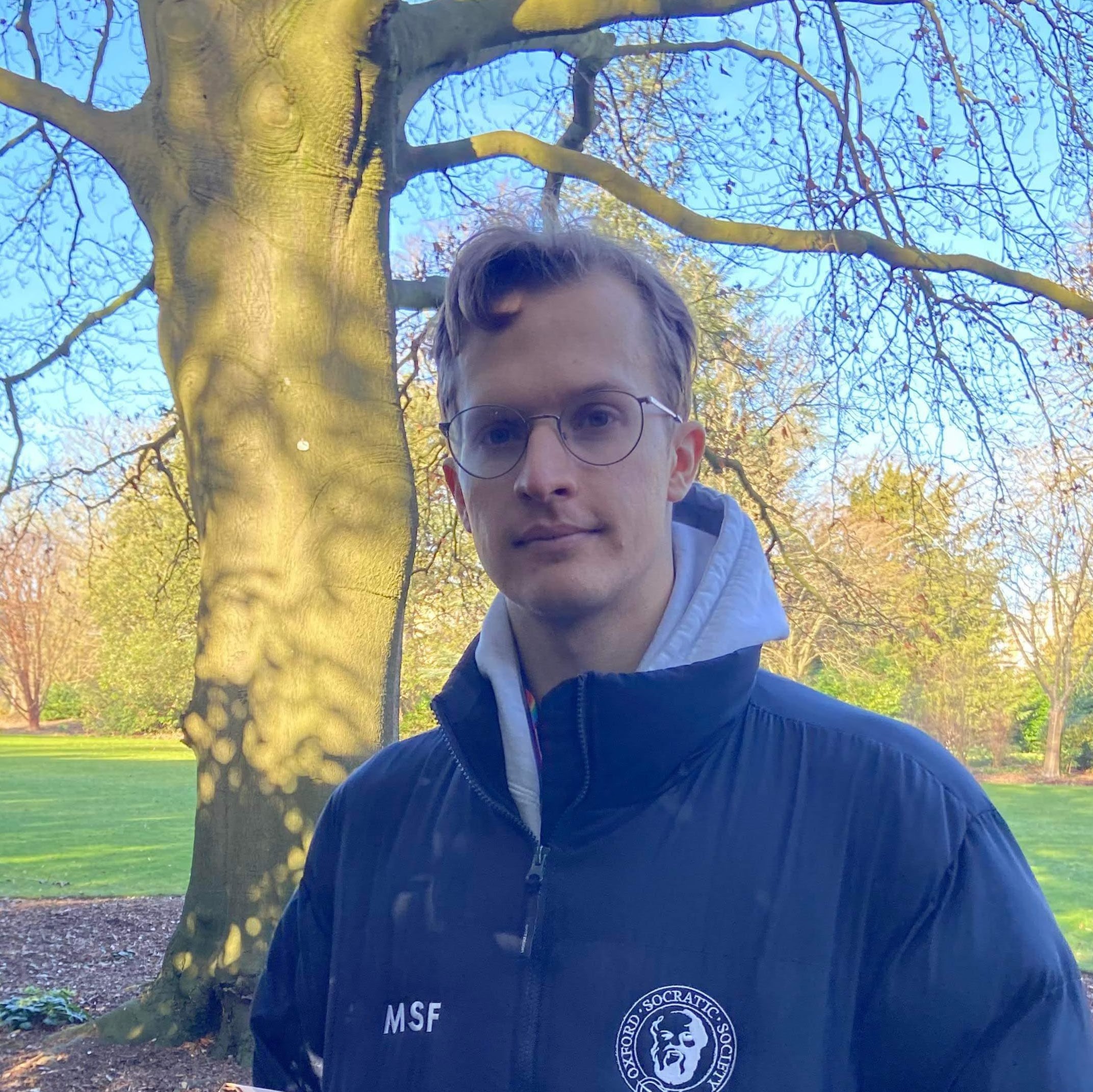
Marco Fabus
Dr Marco Fabus completed their doctorate at the University of Oxford, focusing on brain dynamics induced by anaesthetics. Supported by the Wellcome Trust, this work aimed to improve clinical monitoring in surgical and psychiatric settings. Before this, he obtained a first-class master’s degree in physics at Oxford, with a final project on modelling neural inertia. His research interests span novel medical technologies, neuroimaging, and brain-body interactions. Currently, he is a graduate medical student at St Anne’s College, Oxford.
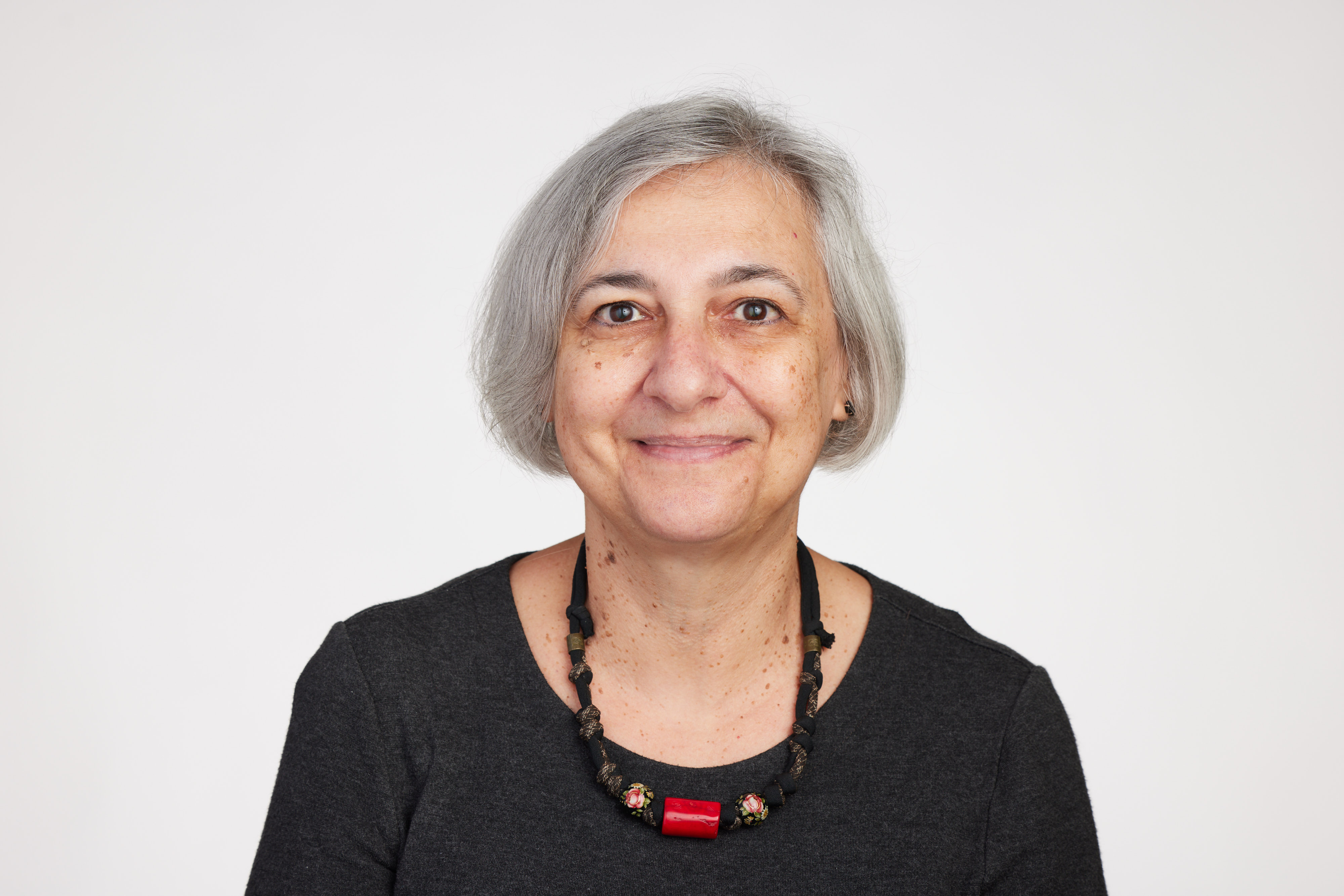
Adriana Feder
Adriana Feder, MD, is Professor of Psychiatry and Director of the Trauma and Resilience Program at the Icahn School of Medicine at Mount Sinai, in New York City, USA. She has led research studies on the psychobiology of resilience, as well as clinical, epidemiological, and biological studies of posttraumatic stress disorder (PTSD) in diverse trauma-exposed populations. Dr. Feder has contributed to the development of ketamine as a treatment for chronic PTSD by leading the first randomized controlled trials of single and repeated intravenous ketamine infusions for this disorder. She published the first neuroimaging findings on correlates and predictors of response to ketamine in individuals with chronic PTSD, and is presently investigating a potential synergistic effect of adding written exposure therapy to a course of ketamine infusions.

David Feifel
Dr. David Feifel is a psychiatrist and neuroscientist whose career has focused on developing more effective treatments for mental illness. He serves as Professor Emeritus of Psychiatry, at University of California, San Diego, and President of Kadima Neuropsychiatry Institute in La Jolla, California.
After earning an MD and PhD from the University of Toronto, Dr. Feifel completed a research-track residency at UCSD, and then joined UCSD’s Department of Psychiatry.
For two decades at UCSD, Dr. Feifel ran a NIH-funded, bench-to-bedside, translational research program focusing on developing new treatments for mental illness. He also established several pioneering clinical programs including the first clinical ketamine infusion program for mental illness (2008) and the UCSD Center for Advanced Treatments, the first academic interventional psychiatry program. Dr. Feifel and his work have been featured in the New York Times, Time magazine, NPR, USA Today, Scientific America, and Popular Science.
In 2017, Dr. Feifel founded Kadima Neuropsychiatry Institute (kadimanp.com), whose mission is to provide patients with the most advanced current treatments, and to facilitate development of better ones through research and innovation. Research being conducted at Kadima includes studies investigating psilocybin, LSD and 5-MeO-DMT. Through “Project Africa,” Kadima is also helping health officials and providers in Rwanda bring ketamine therapy to that country. Dr. Feifel sits on several expert committees and boards, including Clinical TMS Society Board of Directors, National Network of Depression Centers task force committees on ketamine therapy, psychedelic therapy, neuromodulation and the expert faculty committee of the American Society of Ketamine Physicians, Psychotherapists and Practitioners (ASKP3)
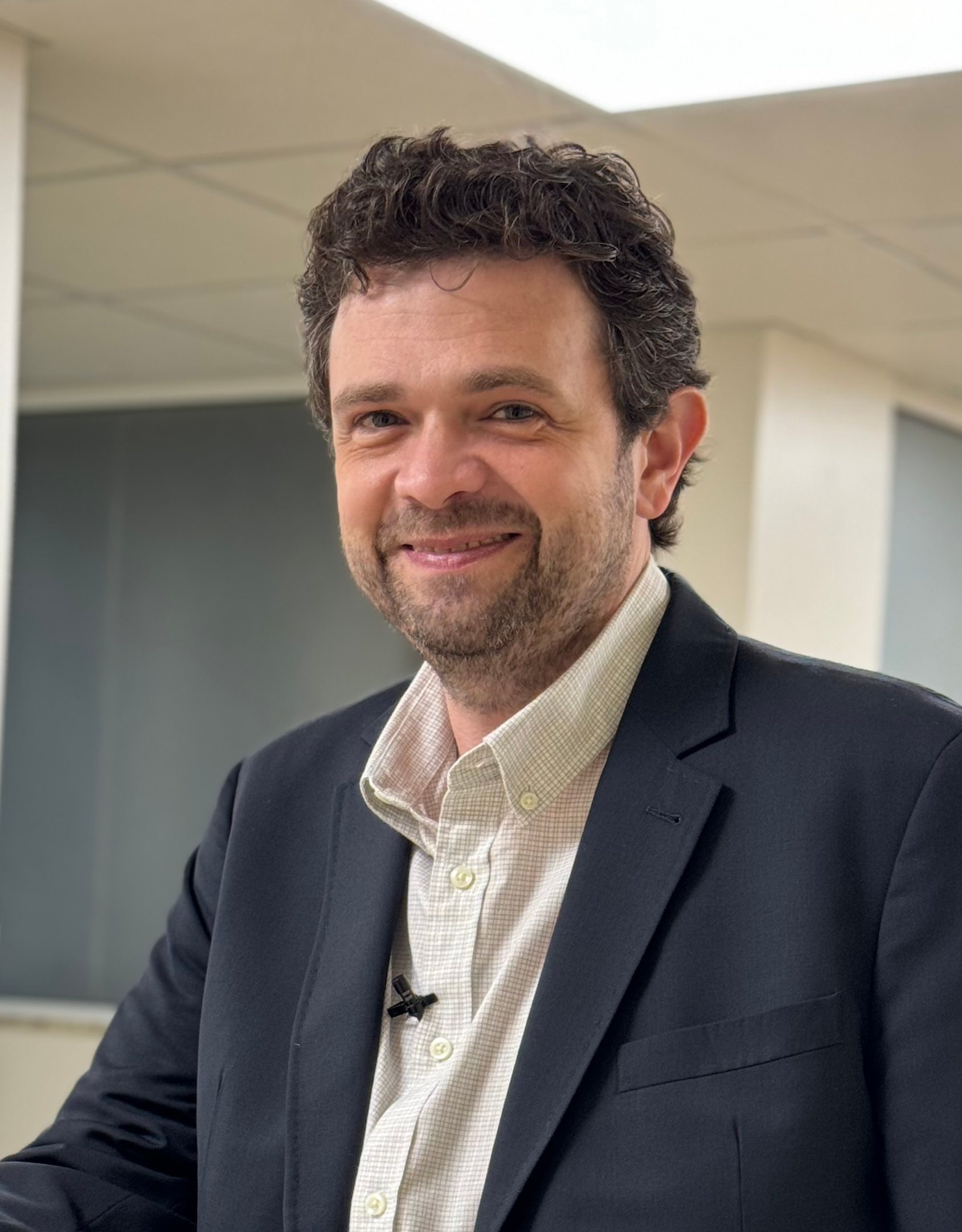
Tiago Gil
Tiago Gil is a board-certified anesthesiologist in Sao Paulo, Brazil, since 2016. In 2017 started Centro de Cetamina, a Ketamine clinic based in his hometown Sao Paulo. Since then, he has been in the field studying and presenting his findings. He is a member of study groups in Hospital das Clinicas Institute of Psychiatry since 2019 where he develops studies with anesthetics with antidepressant properties. In 2020 he presented in the ASKP conference and again in 2021 themes related to ketamine and the biological basis of depression and how ketamine works. Nowadays he is fully dedicated to Ketamine and anesthetics with antidepressant properties.

Rachel Galaska
Rachel Galaska focuses on development and production of microsphere products and advancements in microsphere process technology, and her work has culminated in several patent filings on behalf of Oakwood Labs. She is project manager of multiple projects involving the encapsulation of various active pharmaceutical ingredients (API) into biodegradable polymeric microspheres. These injectable microspheres, for both human and animal use, can extend the efficacy of APIs for as long as one week and up to one year in vivo.
Rachel has a bachelor’s degree in chemical engineering from the University of Dayton, where she performed research in developing cell-based in vitro silver nanoparticle pharmacokinetic profiles in efforts to bridge the in vitro/in vivo gap.

Rebecca Harding
Rebecca is currently pursuing her PhD at the Clinical Psychopharmacology Unit under the supervision of Professor Ravi Das at University College London. Her research uses fMRI to delve into the neural underpinnings of addiction and to unravel the therapeutic potential of psychedelics. Specifically, her focus is on employing naturalistic stimuli within fMRI studies to gain insights into brain alterations associated with addiction. Additionally, Rebecca has an interest in exploring the addictive qualities of ketamine and its adverse effects following prolonged usage.

Morgan Hardy
Morgan Hardy, MD, MPH is a major in the United States Air Force Medical Corps. He serves as staff psychiatrist and medical director of the alcohol and drug abuse and treatment program at RAF Lakenheath, UK. He also holds an academic appointment as assistant professor in the department of psychiatry at Uniformed Services University of Health Sciences. In 2022, Dr. Hardy started the U.S. Air Force’s first ketamine infusion clinic for treatment-resistant depression and PTSD and has served as a consultant for other Air Force clinics developing ketamine treatment programs. Dr. Hardy received his medical degree from Duke University and completed psychiatry training at the University of Texas Health Science Center, San Antonio.
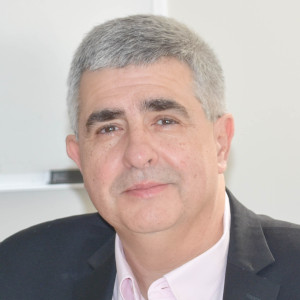
Michael Henry
Dr. Michael Henry is a graduate of the University of Massachusetts Medical School in Worcester, Massachusetts. He completed his residency in adult psychiatry at the University of Massachusetts Medical Center. He completed his fellowship in clinical pharmacology at the Intramural Program of the National Institutes of Mental Health in Bethesda, Maryland.
Dr. Henry subsequently joined Abbott Laboratories as the Associate Medical Director of the team developing Sertindole, a novel antipsychotic medication. Shortly after completion of the new drug application, he moved to McLean Hospital to become the Director of the Electroconvulsive Therapy Service. After 10 years as Director, he switched to a research affiliation at McLean Hospital and joined St. Elizabeth’s Medical Center in Brighton as the Chairman of Psychiatry. Subsequently, he was appointed Vice President of Mental Health for Caritas Christi, a position he continued to hold after the network was purchased by Steward Health.
In 2012, He moved to the Massachusetts General Hospital, where he is currently the Director of Somatic Therapy and Medical Director of the Dauten Family Center for Bipolar Treatment Innovation. Dr. Henry is also the former Chairman, and is a current member of the Massachusetts Board of Medicine’s Committee on Quality and Patient Safety. Dr. Henry’s research interests have included developing clinical datasets to understand the real-world treatment of severe mood disorders.
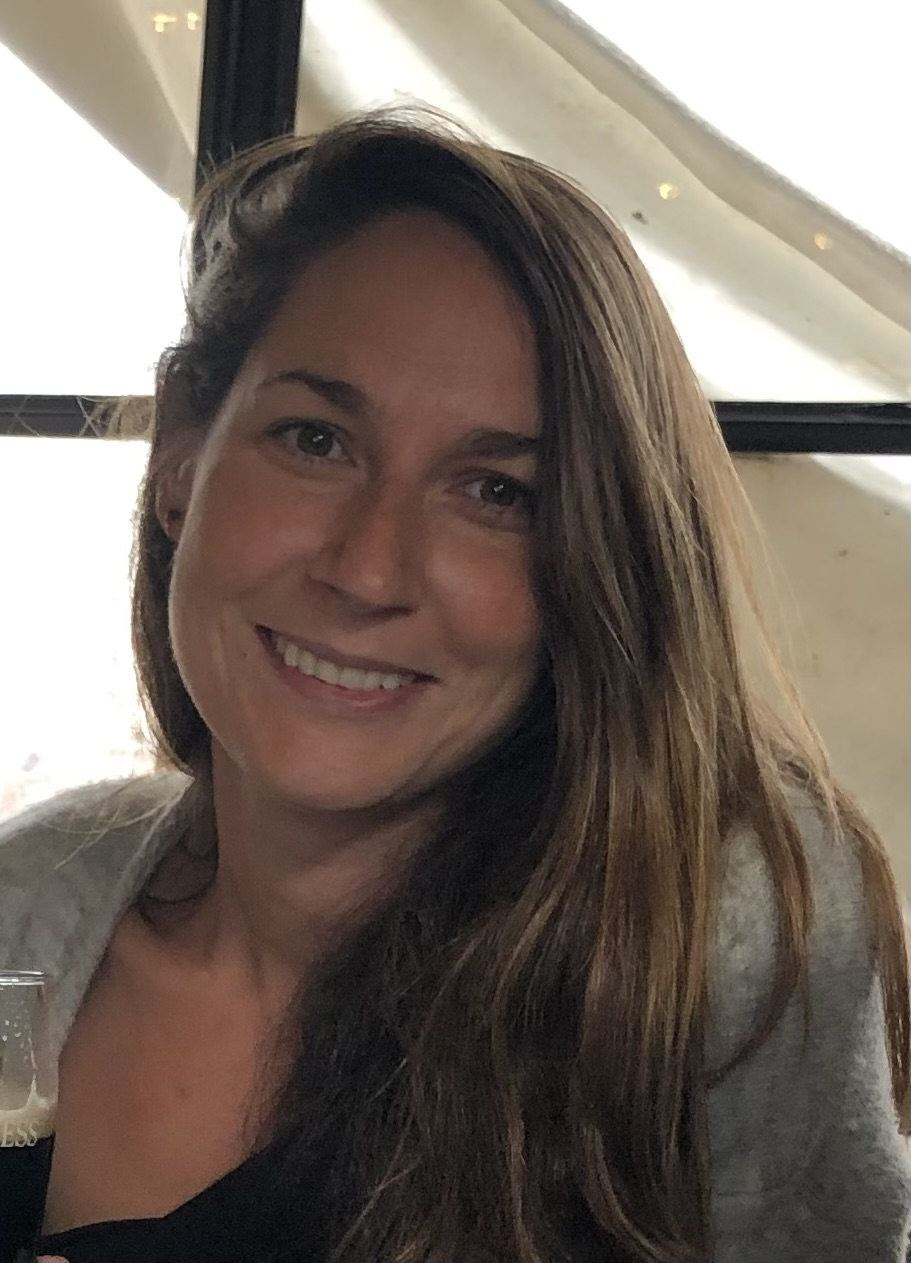
Sophie Holmes
Dr. Sophie Holmes is assistant professor of Psychiatry and Neurology at Yale University. Her research focuses on the use of brain imaging to unravel the neural basis of psychiatric symptoms across psychiatric and neurological disorders. Building on her psychology background, Dr. Holmes realized the potential of imaging for understanding human behavior and mental illness and trained in applied neuroimaging, receiving her doctorate in neuropsychiatry from the University of Manchester (UK). At Yale, Dr. Holmes has been using cutting-edge neuroimaging to advance understanding of psychiatric disorders such as depression and post-traumatic stress disorder. She is identifying the brain mechanisms underlying the rapid antidepressant effects of ketamine, notably its effects on neural connections and glutamate function. More recently, she established a first-of-its kind program at Yale that uses multimodal imaging to discover and evaluate new treatments, including ketamine, for psychiatric symptoms in neurological disease, with a specific focus on Parkinson’s disease.

Hailan Hu
Hailan Hu is Professor and Director of School of Brain Science and Brain Medicine at Zhejiang University. She received a BA in Biochemistry from Beijing University and a PhD in neuroscience, with Corey Goodman, from UC Berkeley. After a postdoc training with Roberto Malinow at CSHL, she joined the faculty of Institute of Neuroscience, Chinese Academy of Sciences. Since 2015, she has been professor at Zhejiang University. Her laboratory seeks to understand how emotional and social behaviors are encoded and regulated in the brain, with a main focus on the neural circuitry underlying depression and social dominance. Her team has identified the neural mechanism underlying the winner effect, by which individuals increase their chance of winning after previous victories. Her recent work has uncovered a new model to explain the etiology of depression and the rapid antidepressant actions of ketamine, involving NMDA receptor-dependent burst activity of lateral habenular neurons. Her work has led to the identification of several molecular targets for developing new antidepressant drugs. She is a recipient of the IBRO-Kemali International Prize and the L’Oreal-UNESCO for Women in Science International award.

Shaohua Hu
Shaohua Hu, M.D & Ph.D.
Professor, Director of Psychiatry Department, First Affiliated Hospital, Zhejiang University School of Medicine, China
Dr. Hu is the director of Psychiatry Department, First Affiliated Hospital, Zhejiang University School of Medicine. He graduated from Zhejiang University School of Medicine and finished clinical training program in First Affiliated Hospital, ZJUSM. He visited Los Angeles (UCLA) and studied Problem Based Learning (PBL) program in 2008. As a research visitor, he studied in Psychiatry Department, Columbia University in 2012. He has undertaken several national research projects and has published more than 150 papers on journals, such as The Lancet Psychiatry, Molecular Psychiatry, British Journal of Psychiatry, Advanced Science, Sciences Advanced, Cell Discovery, JAMA Network Open. He is the editors of many journals, including The Lancet Psychiatry, Journal of Psychiatric Research, Neuroscience Bulletin, BMC Psychiatry. He has also published several books on psychiatry and mental health.

Nooshin Javaheripour
Nooshin Javaheripour, a psychology graduate, currently works as a researcher at the Department of Psychiatry and Psychotherapy at University Hospital Jena and the clinical psychology department at Friedrich-Schiller University Jena. Her doctoral research is dedicated to investigating alterations in the functional and structural organizations of the brain in individuals with major depressive disorder. Additionally, she explores how ketamine, as a rapid antidepressant, can modulate the neural circuits of the brain. Her overarching goal is to contribute to the optimization of diagnostic methods and the enhancement of mental health.
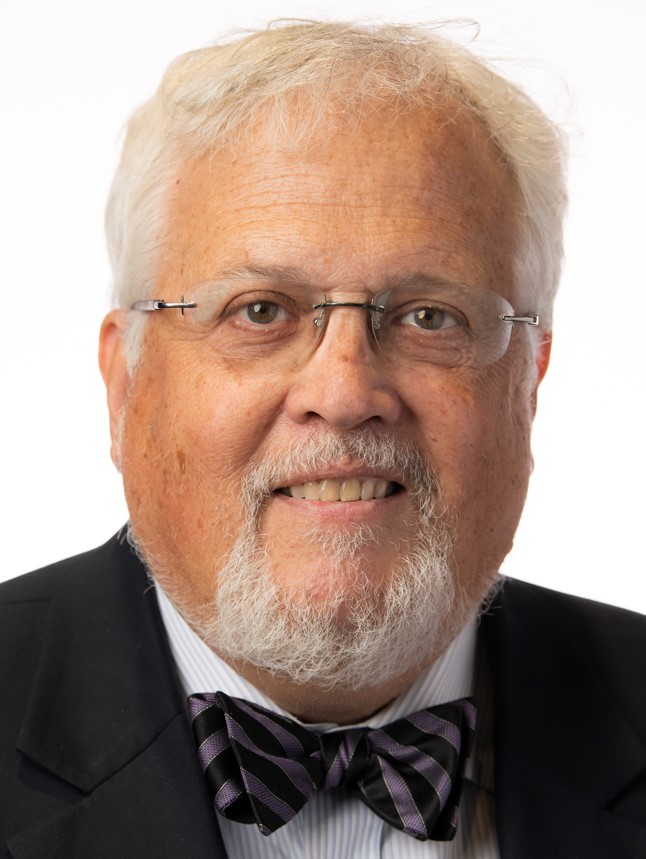
Jonathan C. Javitt
Jonathan C. Javitt, MD, MPH is a physician with a background in ophthalmology and neuroscience, pharmaceutical development, information technology, health economics, and public health. Currently, he leads NRx Pharmaceuticals (Nasdaq:NRXP), a biotech company that is advancing the first NMDA/5-HT2a targeted drug candidate for suicidal bipolar depression. He serves as an Adjunct Professor of the Johns Hopkins School of Medicine and a Senior Fellow of the Potomac Institute for Policy Studies.
Dr. Javitt has been an expert consultant to the World Bank, the National Institutes of Health, the Health Care Financing Administration, Department of Veterans Affairs, and the ministries of health of United Kingdom, Sweden, Australia, Japan, and the Netherlands. He has been an active consultant in pharmacoeconomics and pharmaceutical development and has completed product development projects for Alcon, Allergan, American Home Products, Chiron, Eyetech, Lilly, Merck, Pharmacia, and Pfizer. He regularly consults on policy and legal issues and is admitted as an expert consultant in both Federal and State jurisdictions.
Dr. Javitt previously served as a commissioned Presidential appointee in the areas of health care and biodefense under President George W. Bush ‘43. He was appointed by President Bush in 2003 to the President’s Information Technology Advisory Committee (PITAC), where he chaired the Health Subcommittee and also served as a Special Employee of the Undersecretary of Defense (ATL). He has authored more than 200 publications related to health care delivery and holds multiple U.S. patents. He is active in community service and serves as an officer in the US Coast Guard Auxiliary.

Luke Jelen
Dr. Luke Jelen graduated from Newcastle University with degrees in Medicine and Neuroscience and obtained a Master’s degree in Psychiatric Research at King’s College London’s Institute of Psychiatry, Psychology and Neuroscience (IoPPN). Dr. Jelen’s research delves into brain glutamate dynamics and clinical trials for ketamine and psilocybin in treatment-resistant depression, focusing on their rapid-acting antidepressant mechanisms. In 2020, Dr. Jelen was awarded a MRC Clinical Research Training Fellowship to undertake a PhD in Neuroimaging, investigating acute neural mechanisms of antidepressant response to ketamine. Dr. Jelen currently works as a Senior Registrar in Psychiatry at the Maudsley Hospital where he also helped to establish a ketamine clinic as part of the Maudlsey Advanced Treatment Service.

Danica Johnson
Danica Johnson is a first-year PhD student supervised by Dr. Roger McIntyre and Dr. Joshua Rosenblat at the University of Toronto (U of T) in Canada. Her lab, the Mood Disorders Psychopharmacology Unit, is based out of Toronto Western Hospital.
Danica’s academic journey commenced with an undergraduate degree specializing in biology and psychology at Queen’s University in Kingston (Canada), laying the foundation for her current pursuits. Danica’s research has garnered recognition through prestigious awards, including the Canadian Institutes of Health Research (CIHR) Canada Graduate Scholarship and the Ontario Graduate Scholarship, highlighting the quality and impact of her work in the realm of ketamine research.
With a keen interest in understanding the intricate dynamics of treatment response, Danica’s research extends to exploring the impact of psychiatric comorbidity and trauma on the efficacy of ketamine and psilocybin treatments. Here, she will discuss her lab’s work examining the therapeutic efficacy of ketamine for treatment-resistant depression with comorbid PTSD.

Jeanine Kamphuis
Jeanine Kamphuis is a psychiatrist and researcher working at the Department for Mood Disorders in the University Hospital Groningen. There she treats severely depressed patients with high disease burden who have often tried multiple treatments without enough result. One of the treatment options is ketamine, and Jeanine coordinates the ketamine treatment program that started in 2017. Her current research focus is on the use of mind-altering drugs, such as ketamine and classic psychedelics, for treatment-resistant psychiatric disorders especially depression.
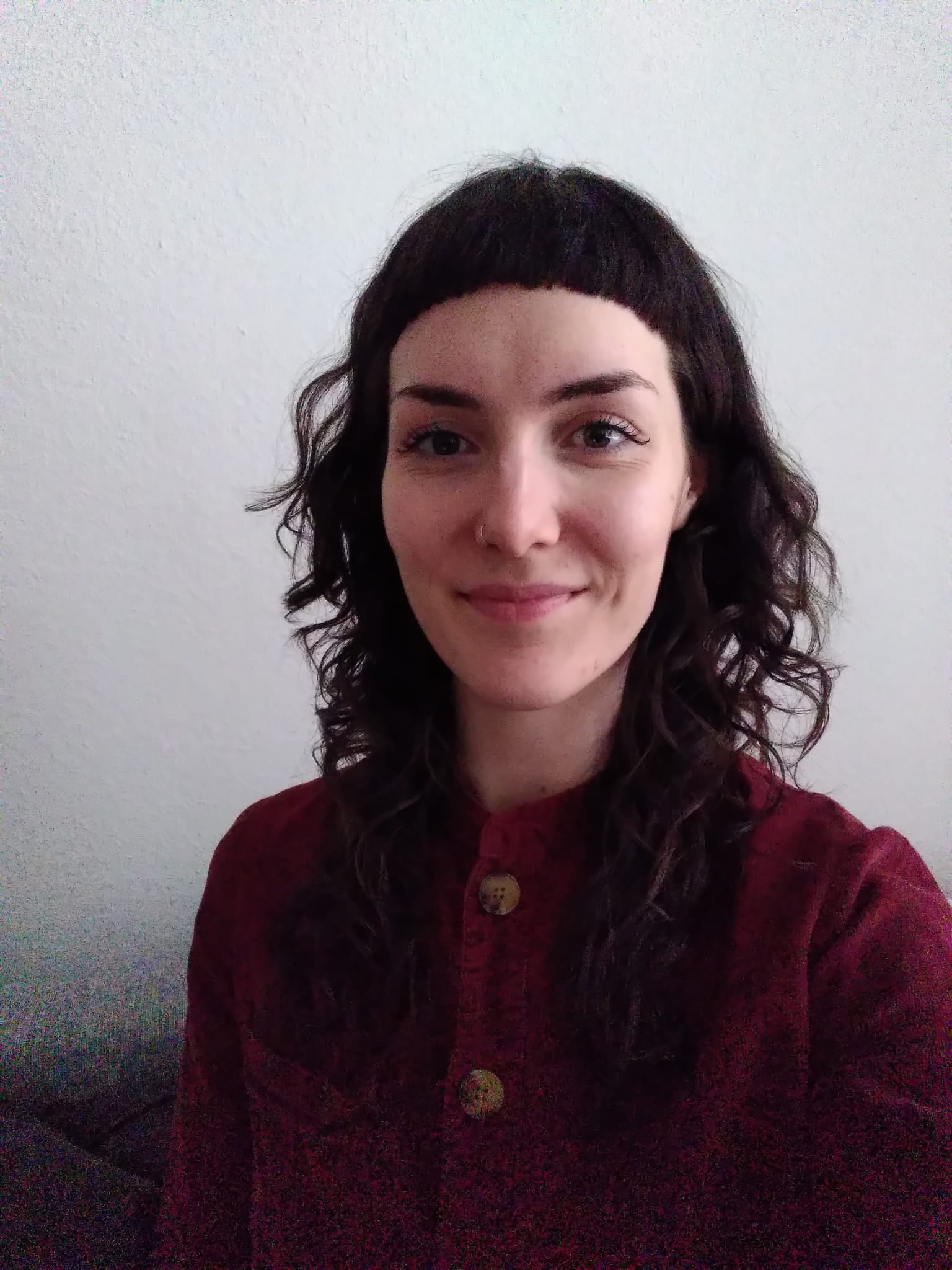
Johanna Keeler
Dr Johanna Keeler is a postdoctoral research associate based at the Centre for Research in Eating and Weight Disorders (CREW) at King’s College London, where she also completed her PhD. Her PhD was titled “Towards an integrative model of neuroplasticity in anorexia nervosa: from research to treatment” and used multimodal methodologies to examine the neurobiology of anorexia nervosa.
Johanna’s research interests are mainly in the neurobiology of eating disorders, using mixed methodology (e.g., neuroimaging, neuropsychological measures, blood-based markers of inflammation and neuroprotection), the phenomenology of cognitive and brain changes in people with AN, as well as the translation to novel psychotherapeutic, psychopharmacological and arts-based treatments.

Steve Levine
Dr. Steve Levine is a board-certified psychiatrist with a special interest and extensive experience in building models of care to deliver interventional treatments with a focus on patient access. He currently serves as Senior Vice President of Patient Access and Medical Affairs for Compass Pathways. Dr. Levine completed internship and residency in psychiatry at New York – Presbyterian Hospital – Weill Cornell. He then completed fellowship subspecialty training in psychosomatic medicine/psycho-oncology at Memorial Sloan Kettering Cancer Center/New York Presbyterian Hospital. He has published extensively in both peer-reviewed journals and popular media, presented to both professional and lay audiences around the world, served in leadership roles for professional societies and not-for-profit entities, and received numerous awards for leadership and service.

Marjorie Levinstein
Dr. Marjorie Levinstein is a postdoctoral fellow with Dr. Mike Michaelides in the Biobehavioral Imaging and Molecular Neuropsychopharmacology Section at the National Institute on Drug Abuse (NIDA) in Baltimore, Maryland. She earned her PhD in Neuroscience from the University of Washington in Seattle, Washington with Dr. John Neumaier, where she studied gene expression changes in the lateral habenula after stress or chemogenetic activation. Her current research focuses on enantiomer-specific abuse and addiction liability, and in vitro and in vivo pharmacology of novel therapeutics. She is interested in understanding the differential effects of stereoisomers on receptor binding and behavior, and how these effects may be leveraged to develop more effective and targeted treatments for psychiatric and neurological disorders.

Meng Li
Meng Li a junior group leader in the Department for Psychiatry and Psychotherapy, Jena University Hospital. His research focuses on the development and application of advanced computational tools for the analysis of functional magnetic resonance imaging data and spectroscopy. He has worked on the neurobiological mechanisms underlying the functional and metabolic changes responding to ketamine treatment in patients with major depressive disorder patients and healthy participants.

Zara Liew
Zara Liew is a former consultant to the pharmaceutical sector across several therapeutic areas including immunoncology and digital health. She supported commercial strategy for biotech and pharma to enter and grow in target markets. Zara is a published researcher in infectious disease and drug resistance.

Theresa Lii
Dr. Theresa Lii is an anesthesiology-trained pain management physician and postdoctoral research fellow at Stanford University. She received her undergraduate and medical degree at Brown University and completed residency and fellowship training at Stanford. Her current research is focused on delineating the therapeutic versus placebo mechanisms underlying ketamine and other psychedelic compounds used for the treatment of chronic pain and depression. She is currently applying for mentored research training grants to advance her research and career. Her long-term career goal is to become an intervention-focused clinical trialist specializing in psychedelic compounds for broad applications in psychiatric disorders, chronic pain, and neurological disease.

Colleen Loo
Colleen Loo is a psychiatrist, Australian National Health and Medical Research Council Leadership Fellow and Professor of Psychiatry at the University of New South Wales in Sydney and the Black Dog Institute, Sydney; Australia. She is an internationally recognised clinical expert and researcher in the fields of electroconvulsive therapy, Transcranial Magnetic Stimulation, transcranial Direct Current Stimulation and ketamine, and led the first Australian RCTs of these interventions in depression. She has published over 300 peer reviewed papers and has received competitive grant funding from the Australian NHMRC, MRFF and major overseas grant funding agencies.
Prof Loo is active in ECT, Neurostimulation and novel treatments research, practice and policy, providing advice to Australian government health departments, the Royal Australian and New Zealand College of Psychiatrists, and several international guidelines. She was President of the International Society for ECT and Neurostimulation (ISEN) 2018-2020. She has served on the Editorial Boards of the two leading international brain stimulation journals: Journal of ECT, Brain Stimulation. She directs professional training courses in ECT, TMS, tDCS and ketamine.

Esther Lukasiewicz Hagai
Dr. Esther Lukasiewicz Hagai is a seasoned expert in the field of drug development with over two decades of experience spanning both pharmaceutical and biotechnology sectors. For the past five years, Dr. Esther Lukasiewicz Hagai has served as the Chief Medical Officer at Clexio Biosciences, a pharmaceutical company dedicated to Neurology and Psychiatry. Prior to her tenure at Clexio Biosciences, She held the position of Vice President of Clinical and Regulatory Affairs at Pluristem Ltd, where she contributed to the development of placental cell therapies for ischemic and hemato-oncologic conditions. Before joining the biotechnology sector, Dr. Esther Lukasiewicz Hagai spent four years at Teva Global R&D, where she served as Director and Clinical Program Leader. In this capacity, she led global clinical development programs focusing on biosimilars and innovative drugs targeting oncologic and neurologic disorders, including pain management, neurodegenerative diseases, and drug addiction. Dr. Esther Lukasiewicz Hagai holds a Doctor of Medicine (M.D.) degree and completed her Medical Residency in Public Health at Necker-Enfants Malades Paris V School of Medicine. Additionally, she has earned a Master’s degree in Methodology and Statistics in Clinical Research, a Master of Medical Science in Biostatistics and Epidemiology from Paris XI, and a Ph.D. in Biostatistics.

Gerard Marek
Gerard Marek earned his MD and PhD at the University of Chicago in 1989 and 1988. He then completed residency training in Psychiatry at the Yale University School of Medicine. Following his residency, he spent another 3 years as a post-doctoral fellow studying single cell electrophysiological recordings in brain slices with George Aghajanian studying 5-HT2A receptor function in the prefrontal and piriform cortices. He then obtained independent RO1 funding after securing a junior faculty position in the Yale Department of Psychiatry where the focus of his research was the interactions of 5-HT and psychedelics with glutamate, especially mGlu receptors. In 2001, Gerard joined the Pfizer early clinical development group; then spent the majority of 5 years at Lilly leading a Discovery group in Psychiatric Disorders; followed by a 6 years in Neuroscience Clinical Development at AbbVie; subsequently ran clinical studies and was an Executive Medical Director at Astellas for 7 years before joining Gilgamesh Pharmaceuticals about 2 and one-half years ago as the Chief Medical Officer.

David Mathai
Dr. Mathai is volunteer research faculty with the Johns Hopkins School of Medicine and a private practice psychiatrist with Sattva Medicine. As a researcher, Dr. Mathai has studied the clinical properties of psychedelic-type therapies like ketamine, MDMA, and psilocybin. He received advanced pharmacology research training as a postdoctoral fellow with the Johns Hopkins Center for Psychedelic and Consciousness Research, where he worked as a scientific collaborator, study physician, and session therapist for multiple clinical trials of psilocybin-assisted interventions. He completed medical school and residency training with Baylor College of Medicine and the Menninger Department of Psychiatry and Behavioral Sciences.

Sanjay Mathew
Sanjay J. Mathew, M.D. is the Marjorie Bintliff Johnson and Raleigh White Johnson, Jr. Professor and Vice Chair for Research in the Menninger Department of Psychiatry & Behavioral Sciences at Baylor College of Medicine, and Director of the Mood & Anxiety Disorders Program. He also serves as a staff physician at the Michael E. Debakey VA Medical Center in Houston and a Senior Scientist at The Menninger Clinic. He graduated from Dartmouth College and Baylor College of Medicine, and trained as a resident in psychiatry at Columbia University/New York-Presbyterian Hospital. He completed a postdoctoral research fellowship in mood and anxiety disorders at Columbia University and the New York State Psychiatric Institute. Prior to his current position, he served as faculty at the Icahn School of Medicine at Mount Sinai, where he co-directed the Mood & Anxiety Disorders Program. His research program, funded by NIH, VA, PCORI, and industry, focuses on experimental therapeutics and pathophysiology related to treatment-resistant mood/anxiety disorders and PTSD, with a particular focus on developing rapid-acting and novel pharmacotherapies. His program employs multiple neuroimaging techniques to uncover potential biomarkers associated with clinical outcomes.
Dr. Mathew has authored or co-authored over 180 manuscripts and book chapters, serves on the editorial board of several journals, and is a frequent grant reviewer for NIH. In 2016, he co-edited the book “Ketamine for Treatment-Resistant Depression.” He serves on the Boards of the American Society of Clinical Psychopharmacology and the Anxiety and Depression Association of America (where he currently serves as President-Elect), and is an elected Fellow of the American College of Neuropsychopharmacology.

Rupert McShane
Dr Rupert McShane read Natural Sciences at Cambridge, where his tutor’s first-year report (‘not an auspicious start’) proved prescient. However, he eventually qualified in medicine and pursued psychiatry training in Oxford. He leads the Oxford Interventional Psychiatry Service (ECT, TMS and ketamine) which includes both self-pay and NHS-funded streams. He initiated a biannual series of ketamine conferences in 2018 and, with Sara Costi, an international ketamine journal club (2nd and 4th Tuesdays at 5.30pmUK). An Old Age Psychiatrist by training, and previously Coordinating Editor for the Cochrane Dementia group, he runs a weekly memory clinic. He is leading a UK application for the repurposing of ketamine as an option for patients who would otherwise need ECT.
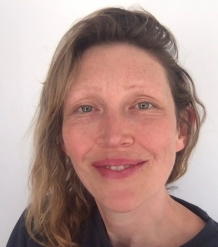
Celia Morgan
Celia Morgan completed her undergraduate degree and Ph.D at UCL, after a short time Yale University on a scholarship programme, she returned to UCL for a post-doc. Following this Celia worked at University of Melbourne as a visiting research fellow and returned to UCL for a fellowship and then Lectureship. I joined University of Exeter as a Senior Lecturer in May 2013 and was given a Chair in Psychopharmacology in 2015. She currently holds an Honorary Readership at University College London.

David Nutt
Dr David Nutt, the Edmond J. Safra Professor of Neuropsychopharmacology and director of the Neuropsychopharmacology Unit at Imperial College London, has a distinguished career spanning various aspects of psychiatry and pharmacology. He completed his medical training at Guy’s Hospital London after receiving an Open Scholarship to Downing College Cambridge. He furthered his expertise in neurology and psychiatry at Oxford, eventually leading the Psychopharmacology Unit at Bristol University, focusing on interdisciplinary research and brain imaging, especially PET. He has held prestigious positions such as Chair of DrugScience, President of the European Brain Council, and editorial roles for significant publications in his field. His research has been showcased in over 450 original studies and he has played a leading role in identifying the therapeutic possibilities of drugs like psilocybin and MDMA, as well as elucidating the function of the noradrenaline, α2-adrenoceptor, and imidazoline systems within the brain.

Erdem Pulcu
Dr Erdem Pulcu is a computational neuroscientist working at the University of Oxford Department of Psychiatry. His work focuses on social and value-based decision-making processes in healthy volunteers, and their impairments in psychiatric conditions like major depression.

Wesley Ryan
Dr. Ryan is a board certified addiction psychiatrist practicing in Los Angeles. He attended UC Irvine for medical school, went on to UCLA-SFV for psychiatry residency, and then University of Washington for an addiction psychiatry fellowship. During his training he learned of ketamine’s antidepressant effects and psychedelic properties, which led to a literature review later published in The Ketamine Papers (2016) and opening of his private practice in order to provide the then-novel intervention. He has spoken regularly on the topic, at KRIYA conferences and elsewhere.

Gerard Sanacora
Dr. Sanacora earned his Ph.D. in Physiology and Biophysics and M.D. from the State University of New York at Stony Brook, followed by extensive training at Yale University, including an internship, residency, and fellowship in neuroimaging. He is currently The Gross Professor of Psychiatry, Director of the Yale Depression Research Program and Co-Director of the Yale-New Haven Hospital Interventional Psychiatry Program. He has served as PI on numerous NIH, foundation, and industry sponsored studies ranging from rodent models of pathogenesis, through mechanistic neuroimaging studies introducing novel methods to assess brain metabolism, to large multi-center phase III clinical trials. Most recently he has focused on collaborative efforts intended to optimize the implementation of recent translational neuroscience discoveries to clinical practice.
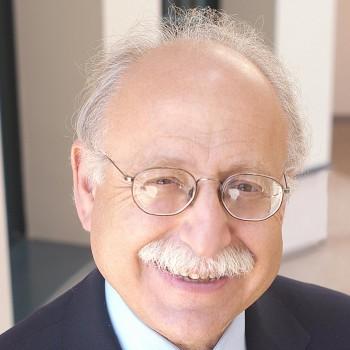
Alan Schatzberg
Dr. Schatzberg completed his MD from New York University followed by a psychiatric residency at the Massachusetts Mental Health Center. After serving in the US Air Force, he joined the faculty of Harvard Medical School in 1974. He became Clinical Director of the Massachusetts Mental Health Center and Professor of Psychiatry at Harvard Medical School until his move to Stanford University to become the Kenneth T. Norris, Jr Professor and Chairman of the Department of Psychiatry and Behavioral Sciences in 1991. He served as Chair of the Department there until 2010 and directs the Stanford Mood Disorders Center. He is also a past President of the American Psychiatric Association. His current research focuses on the biological bases of depressive disorders, glucocorticoid/dopamine interactions in delusional depression, and pharmacologic treatment of depressive disorders.

Robert Schoevers
Dr. Schoevers serves as Professor of Psychiatry and Head of the Department of Psychiatry at the University Medical Center Groningen (UMCG). His research is dedicated to preventing and treating mood and anxiety disorders, particularly depression. He oversees significant patient cohorts, including the Netherlands Study of Depression and Anxiety (NESDA), and leads population studies such as LIFELINES and TRAILS. His iLab in psychiatry focuses on identifying individual symptom profiles and their contextual relations. Dr. Schoevers delves into the pathophysiological mechanisms of mood and anxiety disorders, investigating the roles of inflammation, chronobiology, and the therapeutic potential of novel compounds like ketamine and psilocybin for treatment-resistant depression and other severe mental conditions. Additionally, he practices as a clinician and supervisor in the Academic Mood Disorders program and is the Director of the Research School of Behavioural and Cognitive Neurosciences.
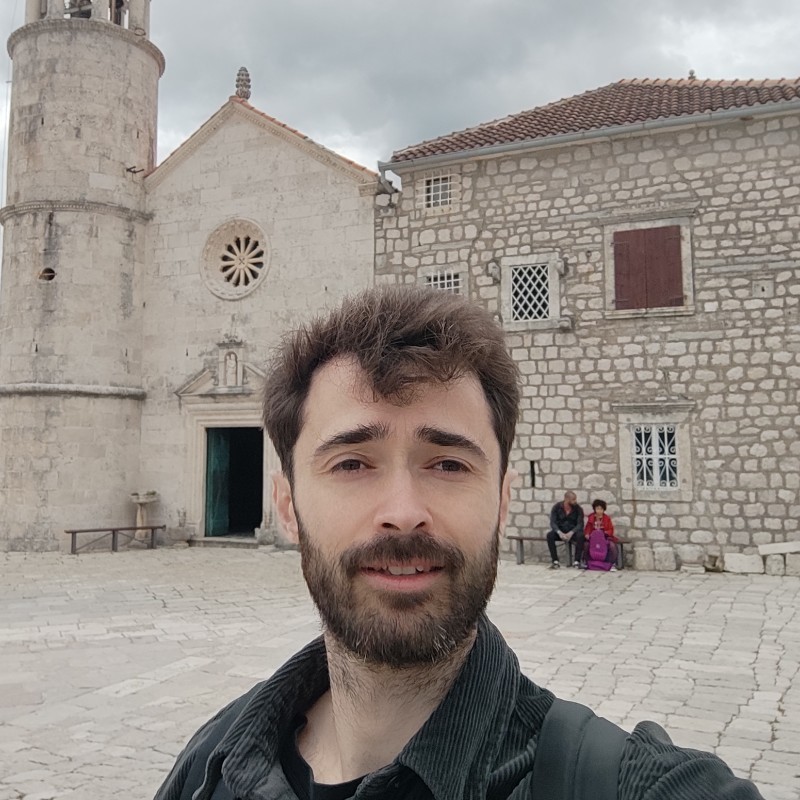
Dan Silman
Dan Silman MRCPsych is a clinical researcher in affective disorders at IoPPN (King’s College London) and South London & Maudsley Hospital, studying for an MD(res). His research focuses on a novel outcome measure for core symptoms of depression, and its utility in identifying predictors of ketamine treatment response – including within dosing variables such as physiological and psychological changes. He has further interest in relational mindfulness as part of psychotherapy.
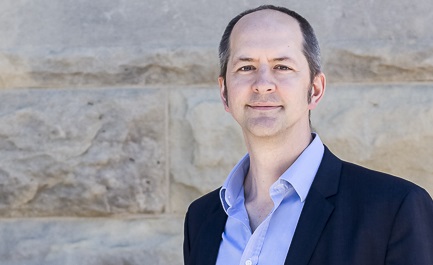
Peter van Roessel
Dr. Peter van Roessel is a Clinical Associate Professor in the Department of Psychiatry and Behavioral Sciences at Stanford University. He completed his medical training at Stanford and his Residency in Psychiatry at Columbia University. He also holds PhD in neuroscience from University of Cambridge, UK. As Director of Clinical Research in the Rodriguez Translational Therapeutics Lab at Stanford, he leads clinical neuroscience studies pioneering rapid-acting interventions in obsessive-compulsive and related disorders. Particular research interests include the nature and neural correlates of metacognitive ‘awareness’ (insight). As a clinical faculty member, he treats outpatients with mood and anxiety disorders and contributes to resident training as a lecturer and supervisor in psychopharmacology and psychodynamic psychotherapy.
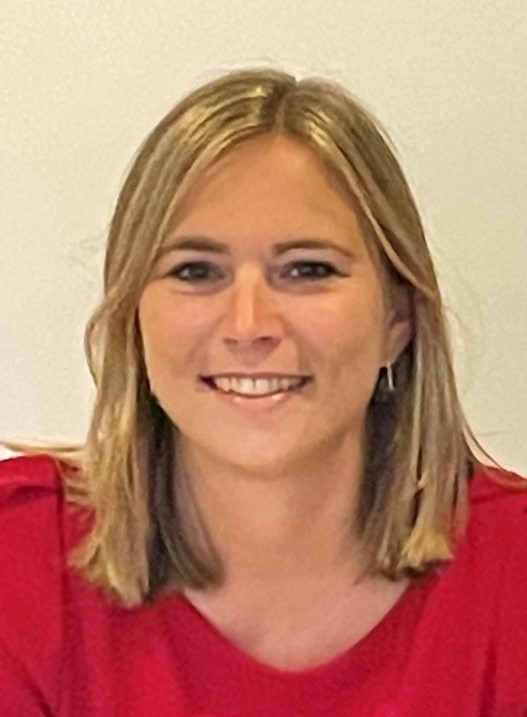
Jolien Veraart
Jolien Veraart, MD, is a PhD student from the research group “Psychedelic Treatment and Mechanisms” led by Robert Schoevers at the University Center of Psychiatry in Groningen in The Netherlands. Her research is focussing on the clinical implementation of esketamine treatment for depression. She works as a psychiatrist at Parnassia Psychiatric Institute in The Hague, The Netherlands with a special interest in the treatment of patients with difficult-to-treat depression.
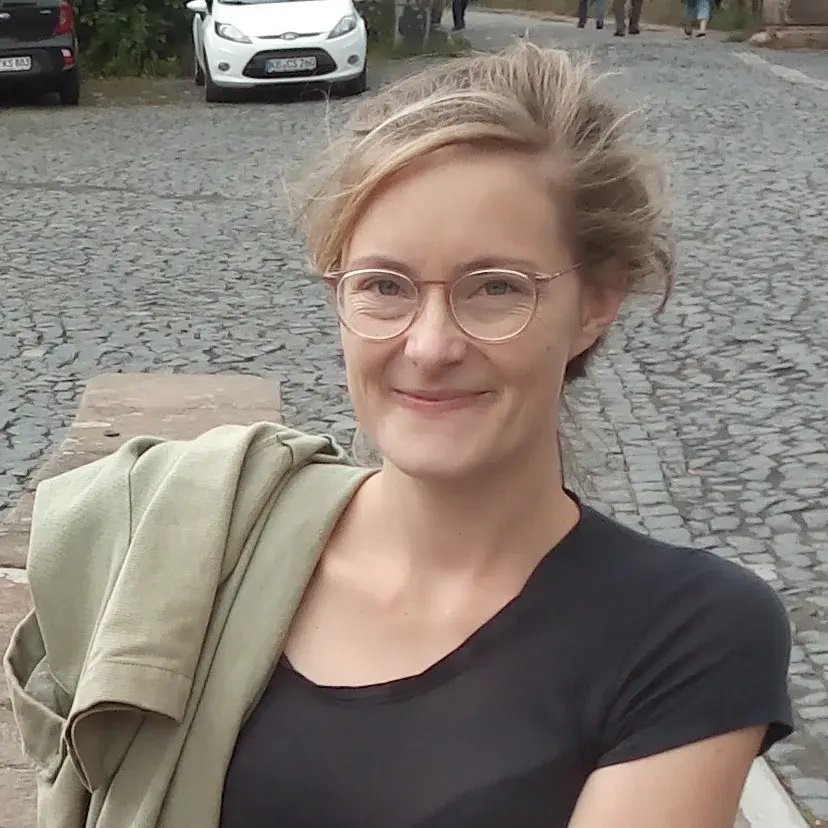
Lilian Weber
Dr Lilian Weber is a postdoctoral researcher in the MoDeS lab with Prof. Klein-Fluegge in the Department of Psychiatry at University of Oxford. A psychologist and physicist by training, she obtained her PhD in Translational Neuromodelling at ETH Zurich with Prof. Klaas Enno Stephan, and worked with Prof Laurence Hunt during her first postdoc in Oxford. She is interested in how human brains form and update beliefs about the external and internal world, how these processes are supported by neurochemistry, and altered in mental health.
Please contact the Secretariat:
Ketamine Conference Secretariat
c/o Mosaic Events
Tower House
Mill Lane
Askham Bryan
York
YO23 3FS
Tel +44 (0) 1904 702165

